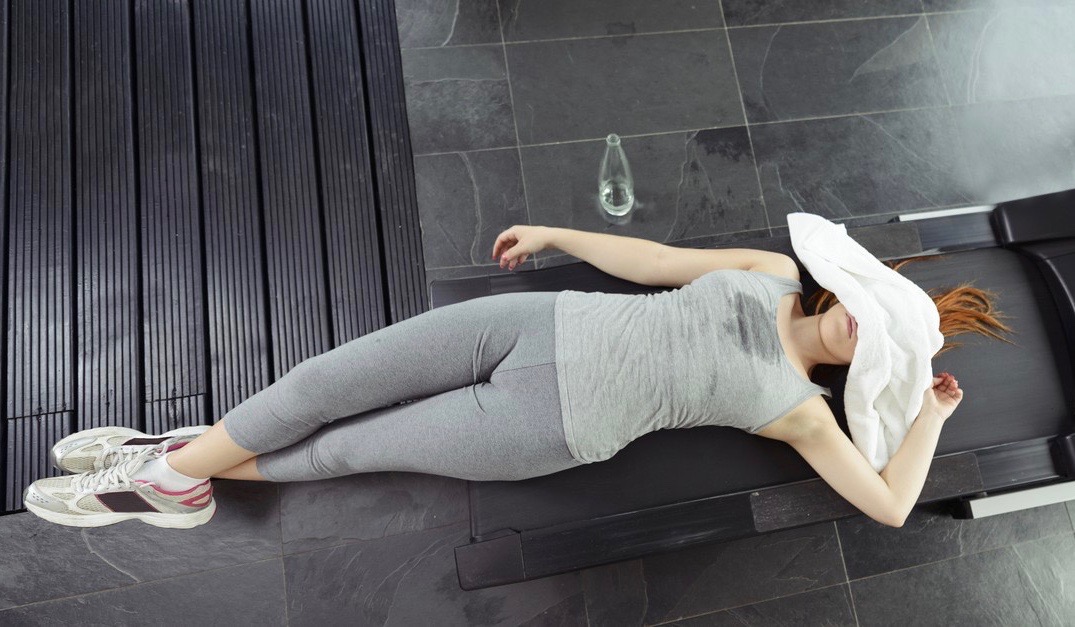
Athletes work to increase performance with training, nutrition, supplements, and more. Running magazines devote pages to finding the right shoes! But one key component you may not have considered is sleep.
You Can’t Live Without Sleep
Sleep is essential to health and well being, and it’s especially important for athletes. When you exercise, you break down muscles and run down your energy. During sleep, your body works to rebuild what you’ve broken down, allowing you to better fuel your body.
Sleep as a Factor in Athletic Performance
Resting could make the difference you need in athletic performance. Research shows getting enough sleep can make you more accurate and help in split-second decision making.
When you don’t get enough sleep, you’re:
● At greater risk of fatigue
● May suffer from lower focus
● May not have enough energy to perform at your best
● Experience slower recovery after athletic performance
For athletes, it seems the more sleep you can get, the better your performance. In a study of college basketball players, athletes were instructed to get as much sleep as possible, at least 10 hours each night. After getting more sleep, the athletes:
● Improved their shooting accuracy
● Had less fatigue
● Had more vigor
● Reported overall higher physical and mental well being during games and at practices
A review of research supports the idea that sleep extension can improve athletic performance. The investigation found that sleep deprivation may harm performance, but sleep extension can improve performance. Additionally, the review found that athletic performance tends to be the best in the evening.

Adequate sleep may reduce your risk of athletic injuries as well. A survey of adolescent athletes indicates those who slept for an average of fewer than eight hours each night were 1.7 times more likely to experience an injury than those who slept more. Sleep deprivation was one of the two highest factors for adolescent athlete injury risk.
How You Can Use Sleep to Improve Athletic Performance
● Don’t sacrifice sleep for training. Practice, training, and conditioning are a vital part of improving athletic performance, but don’t let them take a higher priority than rest. Schedule training and other demands on your time around sleep
● Consider extra sleep. Research shows athletes tend to increase performance with more sleep, and in general, the more rest, the better. Up to 10 hours of sleep each night shows promise for improving athletic performance
● Improve the quality of your sleep. Focus on sleep health and quality. Make sure you stick to a regular sleep schedule and follow a bedtime routine each night to stay consistent and get to bed easier. Consider whether you’re sleeping on the right mattress for your sleeping position and temperature. Mattress reviews may provide some insight
● Train early in the day. Exercise generally supports healthy sleep, but training close to bedtime can interfere with sleep. Avoid intense workouts in the hours just before bed so you won’t feel too energized to relax and get to bed
This post has been published in partnership with Tuck Sleep.

Really an informative article and it is useful for many people.